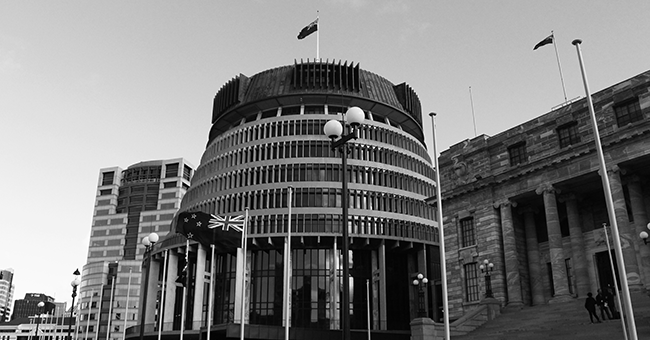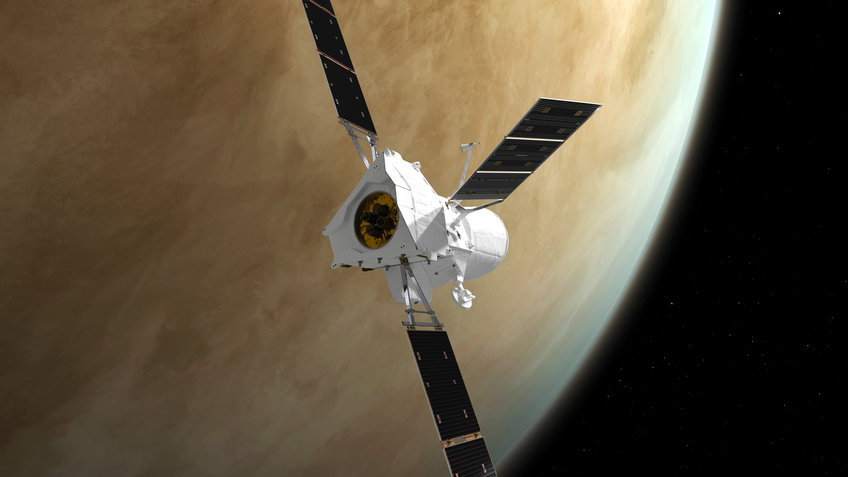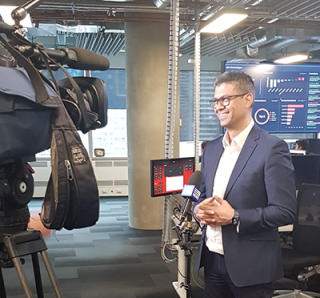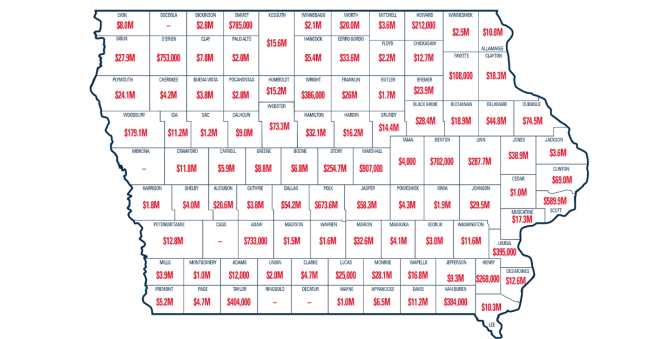March 21 2019
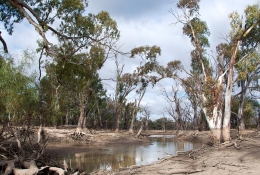 2019 may only be a few months old, but it has already brought record high temperatures and record low rainfalls in many parts of Australia, and there is a growing sense the next federal election will be something of a referendum on climate change policy.
2019 may only be a few months old, but it has already brought record high temperatures and record low rainfalls in many parts of Australia, and there is a growing sense the next federal election will be something of a referendum on climate change policy.
One area of growing contention is the management – or mismanagement – of the Murray-Darling Basin (MDB) and this World Water Day, Friday March 22, researchers at the University of South Australia are calling for a new approach to the nation’s largest river system.
UniSA Head of School: Commerce, Professor Lin Crase, says the shortcomings of current MDB management could turn catastrophic if, as is widely predicted, hotter, drier weather patterns escalate over coming years.
“The system is already vulnerable in numerous places and will be sorely tested with climate change,” Prof Crase says
“A 10 per cent reduction in rain equates to a 30 percent reduction in stream flow, so if the system is already weakened by poor water management, it is unlikely to do well in the future.”
Current MDB policy is built around spending public money to buy more efficient irrigation equipment for MDB farmers in the belief that if less water is ‘wasted’ in maintaining crops, more water will be left in the river system.
Even without questioning whether it is being implemented fairly or effectively, research strongly suggests this policy is built on a false premise – and a million dead fish might tend to agree.
Prof Case says studies conducted around the planet demonstrate that, somewhat counterintuitively, improving irrigation efficiency actually reduces water flow in a river system.
“Throughout the world, whenever schemes have been designed to make irrigation more technically efficient, the river systems dry up,” he says.
“This happens because when you water a crop and supposedly ‘waste’ some water, that water doesn’t just disappear, it actually flows back into the river system.”
The alternative is to stop investing public money in irrigation infrastructure, and instead, use those funds to essentially pay farmers not to irrigate, leaving the water in the river system, known as water buyback.
There are currently caps on how much water the government can buy back from irrigators, but Prof Crase says there is strong evidence to support recent calls for those caps to be lifted, and that doing so will benefit both the environment and MDB communities.
“Our research shows the farmers who have sold their water in the past are generally better off, and in the initial buybacks the vast majority of people were still staying on the land, they were just using the money to regear their businesses and set up differently, so they are less dependent on irrigation,” Prof Crase says.
“When you drive through the Basin you will see some communities doing really well and this is not at all related to where the subsidies on irrigation infrastructure are being spent.
“Most infrastructure projects benefit individuals, not the community at large – and the system-wide impacts on the river are a real problem.
“Buying water back off irrigators delivers environmental benefits at roughly half the cost of irrigation schemes, and the money invested goes into helping communities adapt to a different future.”
Prof Crase is available for interview, please enquire through the below contacts.

